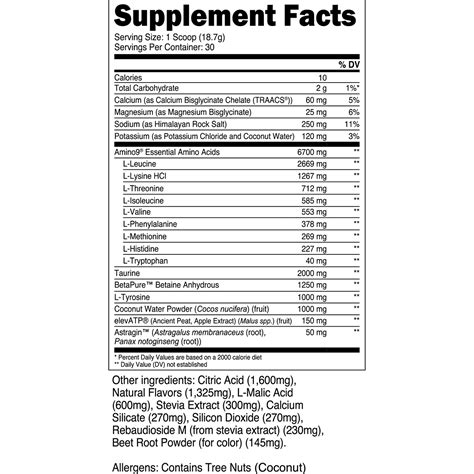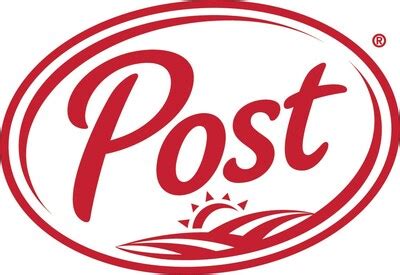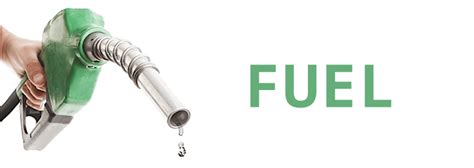For men dedicated to consistent fitness and achieving their physique goals, an energy crash can be a frustrating roadblock. It’s not just about pushing hard during a workout; it’s about sustaining that energy throughout your session and avoiding the dreaded post-exercise slump that can derail progress and motivation. Understanding how to properly fuel your body is paramount to unlocking peak performance and maintaining long-term fitness.
The Science Behind the Crash: Why Energy Levels Plummet
An energy crash, particularly after a workout, often stems from several physiological factors. Primarily, it’s about your body’s glucose management. During intense exercise, your body rapidly depletes its glycogen stores—carbohydrates stored in muscles and liver for immediate energy. If these stores aren’t adequately topped up before training, or if the workout is prolonged and intense without proper intra-workout fueling, your blood sugar levels can drop significantly. This hypoglycemic state, combined with the physiological stress of exercise and potential dehydration, leads to feelings of fatigue, dizziness, irritability, and a general lack of energy.

Mastering Pre-Workout Nutrition for Sustained Power
The foundation of crash-free workouts begins before you even step into the gym. Strategic pre-workout nutrition aims to provide a steady supply of energy without spiking blood sugar too quickly. Focus on a combination of complex carbohydrates, lean protein, and healthy fats, consumed at the right time.
Complex Carbohydrates: Your Primary Fuel Source
Foods like oats, brown rice, sweet potatoes, and whole-wheat bread release glucose slowly into the bloodstream, providing a sustained energy supply. Aim to consume these 2-3 hours before your workout, allowing ample time for digestion and absorption. For a quick boost 30-60 minutes prior, a smaller portion of easily digestible carbs like a banana or a rice cake can be effective.
Lean Protein: Muscle Protection and Satiety
Including lean protein sources such as chicken breast, fish, Greek yogurt, or a protein shake helps prevent muscle breakdown during exercise and contributes to satiety without causing a heavy feeling. Protein slows down the digestion of carbohydrates, further aiding in a steady energy release. Combine about 20-30 grams of protein with your pre-workout carbs.
Healthy Fats: Long-Burning Energy (in moderation)
While fats are energy-dense, they digest slowly. Small amounts of healthy fats from sources like avocado, nuts, or olive oil can contribute to overall satiety and very long-duration energy needs, but excessive amounts before a workout can lead to digestive discomfort. Keep fat intake moderate in your pre-workout meal.

Intra-Workout Hydration and Fueling: Keeping the Engine Running
For workouts lasting longer than 60 minutes or those of very high intensity, intra-workout fueling becomes critical to prevent an energy crash midway through. Hydration is non-negotiable; even mild dehydration can significantly impair performance and lead to fatigue.
Water and Electrolytes: The Performance Boosters
Sip water consistently throughout your workout. For extended or particularly sweaty sessions, consider an electrolyte-rich beverage to replace sodium, potassium, and magnesium lost through sweat. This helps maintain fluid balance and nerve function.
Quick Carbs for Long Sessions
If your workout extends beyond 90 minutes, or you feel a dip in energy, small amounts of easily digestible carbohydrates like a sports drink, energy gel, or a few gummy bears can provide a rapid glucose boost. These simple sugars are quickly absorbed and can help maintain blood sugar levels.

Post-Workout Recovery: Preventing the Next Crash
What you consume immediately after your workout is just as important for preventing future crashes and optimizing recovery. The “anabolic window” is crucial for replenishing glycogen stores and repairing muscle tissue.
The Carb-Protein Combo: The Golden Rule
Within 30-60 minutes post-workout, consume a meal or shake containing both carbohydrates and protein. Carbohydrates (like fruit, rice, potatoes) are vital to restock depleted glycogen, preventing delayed fatigue. Protein (whey protein, chicken, eggs) provides amino acids necessary for muscle repair and growth. A 2:1 or 3:1 carb-to-protein ratio is often recommended, depending on the intensity and duration of your session.

Beyond the Plate: Lifestyle Factors for Consistent Energy
Fueling isn’t just about what you eat around your workouts; it’s an holistic approach that includes daily habits.
- Consistent Meal Timing: Eating regular, balanced meals throughout the day helps stabilize blood sugar and prevents extreme hunger or energy drops.
- Adequate Sleep: Poor sleep significantly impairs recovery, hormonal balance, and energy levels. Aim for 7-9 hours of quality sleep per night.
- Stress Management: Chronic stress elevates cortisol, which can negatively impact blood sugar regulation and energy. Incorporate stress-reducing activities.
- Micronutrient Rich Diet: Ensure a diet rich in vitamins and minerals, as deficiencies can impact energy production at a cellular level.
Conclusion: Powering Your Progress Sustainably
Fueling your workouts without an energy crash is an art and a science crucial for sustained men’s fitness. By strategically consuming complex carbohydrates, lean proteins, and healthy fats before, during (when necessary), and after your workouts, alongside prioritizing hydration and healthy lifestyle habits, you can maintain optimal energy levels. This not only enhances performance in the short term but also supports consistent training, faster recovery, and long-term progress towards your fitness goals. Ditch the crashes, embrace consistent energy, and power your journey to a stronger, healthier you.




